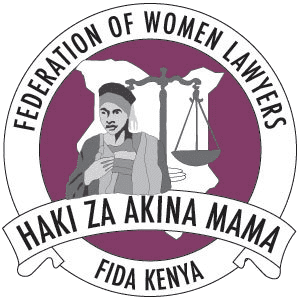In 2018, FIDA-Kenya commissioned a study on, “The Status of Women’s Labour and Economic Rights in the Kericho Tea Zones,” in order to establish baseline information, crucial for the development of a new project, ‘Protecting Women’s Labour and Economic Rights in the Tea Estates in Kenya.’
The objectives of this study are to:
- Assess the current situation in regards to violations of women’s labor and economic rights in the tea zone in Kericho.
- Assess the barriers to accessing women’s labor and economic rights in the tea zone in Kericho.
- Map the stakeholders that can be crucial in advocacy efforts for the safeguarding of women’s labor and economic rights in the tea industry.
- Identify the number of women and girls actively advocating for economic participation and rights in the target population.
- Identify the roles women and girls play or have in household decision making processes in the target population.
- Identify the roles women and girls play or have in decision making processes at all levels in the target population.
- Identify number of members from the public (including policy and decision makers, traditional and religious leaders, celebrities, men, boys, service providers, general public, etc.) engaged in advocacy for girls and women’s economic independence and agency in the tea industry.
- Make recommendations on how to actualize the enjoyment of girls and women’s labor and economic rights in the tea industry.
The study focus area is the Kericho zones, disaggregated into: the tea farms and factories; the labour catchment households and community; and, the schools within the tea farms. The study focuses both on the small holder tea setting and the large farms setting.
The study relied upon primary and secondary data. Primary data was obtained through: administration of questionnaires (195 respondents); Focus Group Discussions (70 respondents); and Key Informant Interviews (10 respondents). Literature review covered a wide spectrum of media: reports on labour and economic rights, institutional policies; national legal and policy framework; global legal instruments; among others.
Download the report HERE
